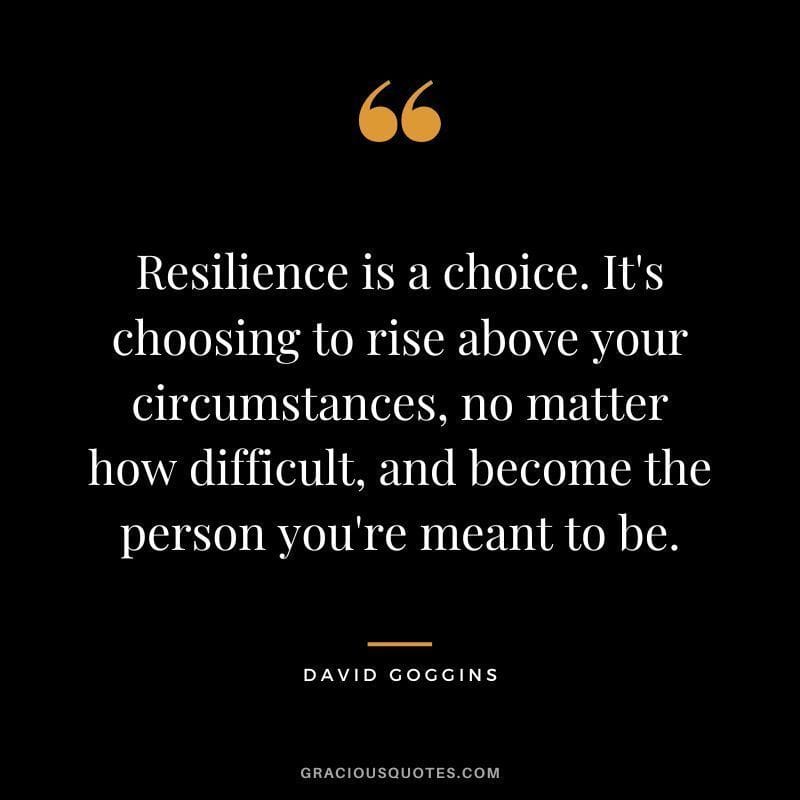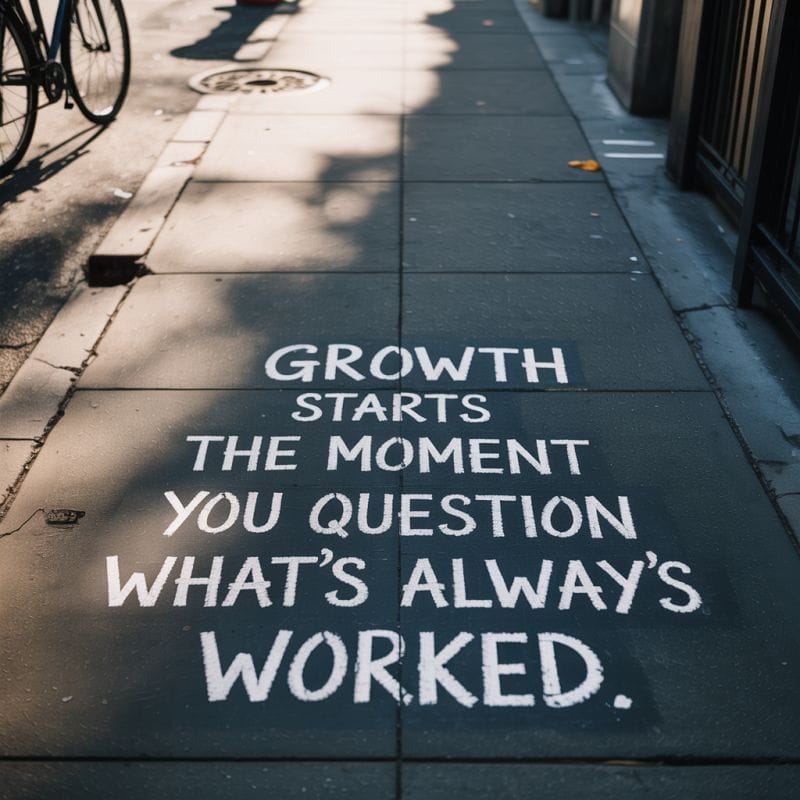I was wrong about Quitting...
...Winners do Quit. Here are 13 lessons to learn more:
1. The Illusion of Premature Quitting: When quitting feels too early, it's often just timely. Trusting our instincts to quit before a situation becomes dire can prevent larger setbacks.
2. Winning Through Quitting: Quitting is a strategy of winners. By leaving unproductive paths, they redirect their efforts towards more rewarding endeavors.
3. Identity and Quitting: Quitting a pursuit can feel like losing a part of ourselves. Our identities are tied to our actions, making the decision to quit profoundly impactful.
4. Perception of Staying vs. Changing: Sticking with the status quo is often not seen as an active decision, unlike changing paths. Recognizing both as deliberate choices is crucial.
5. Misreading the Present: The clues for when to quit are often in the present, but bias can obscure them. Acknowledging these signs is key to timely and effective quitting.
6. Premortem for Decision Making: Employing a premortem — imagining a future failure and its causes — can be a powerful tool to set criteria for when to quit a project or path.
7. Defending Against Perceived Judgment: Often, our decisions are influenced by how we think others will judge us, making the choice to quit harder than it needs to be.
8. Quit and Grit: Two Sides of Decision-Making: Quitting and perseverance are integral to decision-making. Recognizing when to employ each is key to adapting to new information and circumstances.
9. The Need for a Quitting Coach: Quitting is challenging due to our biases and identity entanglements. Having a 'quitting coach' can provide an objective perspective, aiding in better decision-making.
10. Escalation of Commitment in Losses: In the face of losses, we often intensify our commitment, a phenomenon known as escalation of commitment. Recognizing this bias is key to avoiding unproductive persistence.
11. The Fear of Unconventional Success: There is a societal preference for failing conventionally over succeeding unconventionally, often deterring us from making bold choices, including quitting.
12. Balancing Action and Inaction: We're often more concerned with the consequences of our actions than inaction. This bias can hinder our ability to quit when necessary.
13. The Uncertainty in Perseverance: While sticking with something allows for the possibility of success, it also often masks the potential benefits of quitting. Being open to change can reveal new paths to success.
These lessons are inspired by the book “Quit: The Power of Knowing When to Walk Away” by Annie Duke and brought to you by Omar’s Desk.

